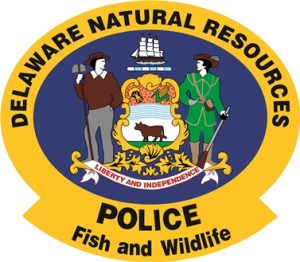DOVER – Delaware hunters harvested 14,681 deer during the 2015/16 season – the highest number since the state’s first modern-day deer season was held in 1954 and harvest record-keeping began, DNREC’s Division of Fish & Wildlife announced today. The total number of deer taken in Delaware this season topped the previous record of 14,669 set in 2004/05, and also eclipsed last season’s harvest of 14,269 deer which had been the second-highest on record.
“We anticipated that hunters would have a successful season this year due to overall favorable hunting conditions experienced during most of the season,” said Joe Rogerson, Division of Fish & Wildlife biologist.
During the 2015/16 season, hunters harvested more females than males, with 54.3 percent does (7,975) and 45.7 percent bucks (6,706) taken, he said. Antlerless deer – does, juvenile bucks without antlers known as button bucks, antlered bucks with antlers measuring less than three inches, and bucks that had already shed their antlers when harvested – represented 71.3 percent of the total harvest.
In addition to the new harvest record for Delaware, hunters helped establish several other harvest records during the past season:
- Sussex County: 7,960 deer harvested (Though not record-setting, New Castle County’s harvest totaled 2,548 while Kent County’s deer harvest was 4,173.)
- Adult does harvested in a single season: 6,869
- Antlered bucks taken: 4,218
“Many hunters enjoyed success this year as indicated by the total harvest as well as several other new records set, and we fully expect hunters to continue to enjoy Delaware’s deer hunting opportunities for years to come due to the sustainable deer population,” said Wildlife Section Administrator Rob Hossler. “As we continue to analyze the harvest data, we anticipate finding other harvest records that were broken this past season and will share those on our website when they become available.”
For more information about the Delaware deer harvest or any other deer-related issue, please contact Joe Rogerson at 302-735-3600, or visit the Division of Fish & Wildlife’s Delaware Deer Information webpage.
Media Contact: Joanna Wilson, DNREC Public Affairs, 302-739-9902
Vol. 46, No. 55
